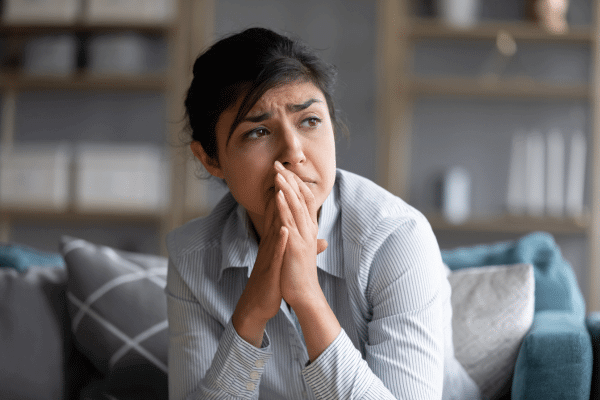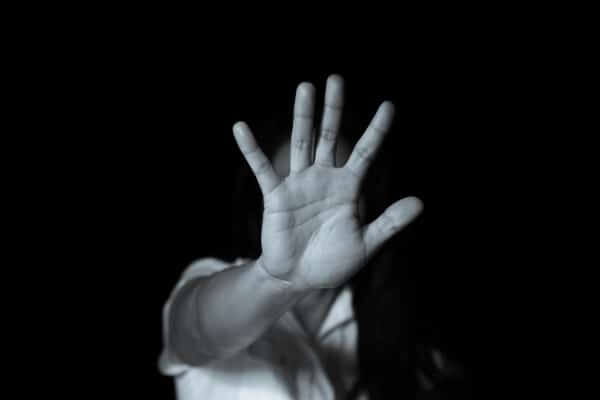I flinch every time I hear this one-liner by Amitabh Bachchan.
The 2001 film Kabhi Khushi Kabhi Gham with its galaxy of stars may have gone on to become a classic, but I’m amazed that no eyebrows were raised when lead actor Amitabh Bachchan, as family head, would declare, once thundering to his wife, “Keh diya na, bas. (I’ve said so, and that’s it.)”
The phrase, and the character’s attitude throughout the story, reeks of traditional patriarchy at best, and coercive control at the worst.
Some 24 hours after International Women’s Day this year, came the news of the horrific death of Chaithanya ‘Swetha’ Madhagani, her body found dumped in a wheelie bin near Geelong. Reports say her husband Ashok Raj fled to India soon after, deposited their four-year-old son at her parents’ doorstep, and vanished.
While domestic violence can impact anyone, regardless of age, gender, sexual orientation, ethnicity, religion, ability, or location, particularly vulnerable are migrant communities, a fact acknowledged by the Victorian Royal Commission into Family Violence. Factors which put migrant women more at risk include social isolation, characteristics of Indian society such as patriarchal attitudes including position of women and dowry, traditional marriage practices where the couple do not know each other before the wedding and/or migrating, difficulty in getting a job in the new country of migration, frustration and delays including monies spent in the migration process, and settling into the new culture. Being on temporary dependant visa also can change relationship dynamics.
Perhaps more mention needs to be made of coercive control in family dynamics as a major cause. Coercive control occurs when someone uses a pattern of abusive behaviours over time that hurt, humiliate, isolate, frighten, and threaten a current or former intimate partner in order to control or dominate them. It is criminalised in NSW, the first state to make it a standalone crime (following the horrific murder of our own community’s Preethi Reddy in 2019), and Queensland passed this landmark legislation this month.

State and Federal Governments have assistance available to anyone who may be experiencing domestic, family, or sexual violence. 1800 RESPECT is an easy-to-remember number for a domestic violence hotline. domestic-violence-awareness
How can we as a community play our part in raising awareness?
There are many advocates within our own community who are knowledgeable on these issues, who deserve a more frequent platform to raise these issues.
We must educate our children (and ourselves better) about respectful relationships. How are you teaching your sons, for example, about treating women as equals, to call out unacceptable behaviour in their peers? Are you role-modelling these behaviours yourself?
From a government point of view, bridging visas and other social facilities for people experiencing domestic violence would help. domestic-violence-awareness
While Women’s Day events continue to be held over this month, we must look at what we can do in our own lives, to stop this scourge of violence against women – a basic human right of safety in their own homes.
READ ALSO: One third of migrant and refugee women experience domestic violence




